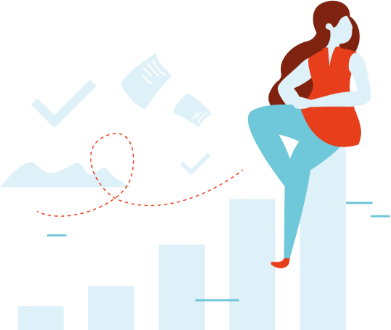As a young lawyer, Philippe Metzger seemed destined either for the courtroom or the discreet corridors of the Berne administration. But the winds of the wider world were already calling. One of his first professional ports of call was Brussels, where, equipped with a postgraduate degree, he spent six years contributing his legal expertise to EFTA, helping to negotiate free trade agreements among its member states.
This was followed by his appointment as Director of the Federal Office of Communications (OFCOM) in 2014, and later his current position at the IEC, where he now travels the globe with a mission: to provide humanity with a common technical language. A conversation with a leader whose intellectual agility and clarity of thought are fully expressed in the pursuit of the common good.
Ad Valoris: Philippe, your career rapidly led you to high-level managerial roles. Leadership isn’t something typically taught in law school—how did you develop yours?
I became a Swiss Army officer at the age of 20. That’s where I first encountered the concept of natural leadership—the kind that determines your ability to bring together teams who are aware of their responsibilities. I learned how to motivate and guide young people who weren’t always convinced by the task at hand! For me, management is never an end in itself. It naturally emerges when a mission demands a collective of diverse skills. At each stage of my career—at EFTA, OFCOM, and now the IEC—I’ve been fortunate to lead exceptional teams.
And what would you say is your golden thread when it comes to leadership?
Bringing the team along with you. Convincing through reasoning—but also through example. Being able to make fair decisions, respond swiftly, and foster team unity. I like to take clear positions, even if they carry risk. Because in senior roles, room for manoeuvre is often narrow, and each decision has consequences that must be carefully managed.
How would you define your leadership style?
It’s built on trust. When I joined the IEC, I launched a governance review and restructured our internal processes. We needed to break out of silos and give our directors a greater degree of autonomy. When I was a younger manager, I tended to be more controlling. Today, I focus more on what I call “flow.” You can’t simply decree it—it must be built. And that’s what drives me every day.
What attracted you to the IEC’s mission?
Its grounding in the common good. The IEC has no financial objectives: it serves a wide range of stakeholders with a focus on collective interest. That aspect immediately resonated with me.
Is the IEC insulated from political influence?
The IEC is an apolitical organization. Our members are not governments, but representatives of the electrotechnical sector in each country. Sometimes these entities are housed within a ministry, but they remain independent of government. For us, staying removed from political agendas is essential. My background in international trade has made me acutely aware of interdependence: it’s a force for good—provided it’s well regulated.
What major projects are you currently leading to meet the challenges of a connected and sustainable society?
The fragmentation of standards is a barrier to the free flow of technology. We’re working to harmonize them in support of a connected society powered by renewable energy. One key example: smart grids for electricity production and distribution. These networks must integrate renewable sources while maintaining stability—a complex technological challenge. We’re also working on cybersecurity standards, especially for industrial automation, as well as governance frameworks for AI systems.
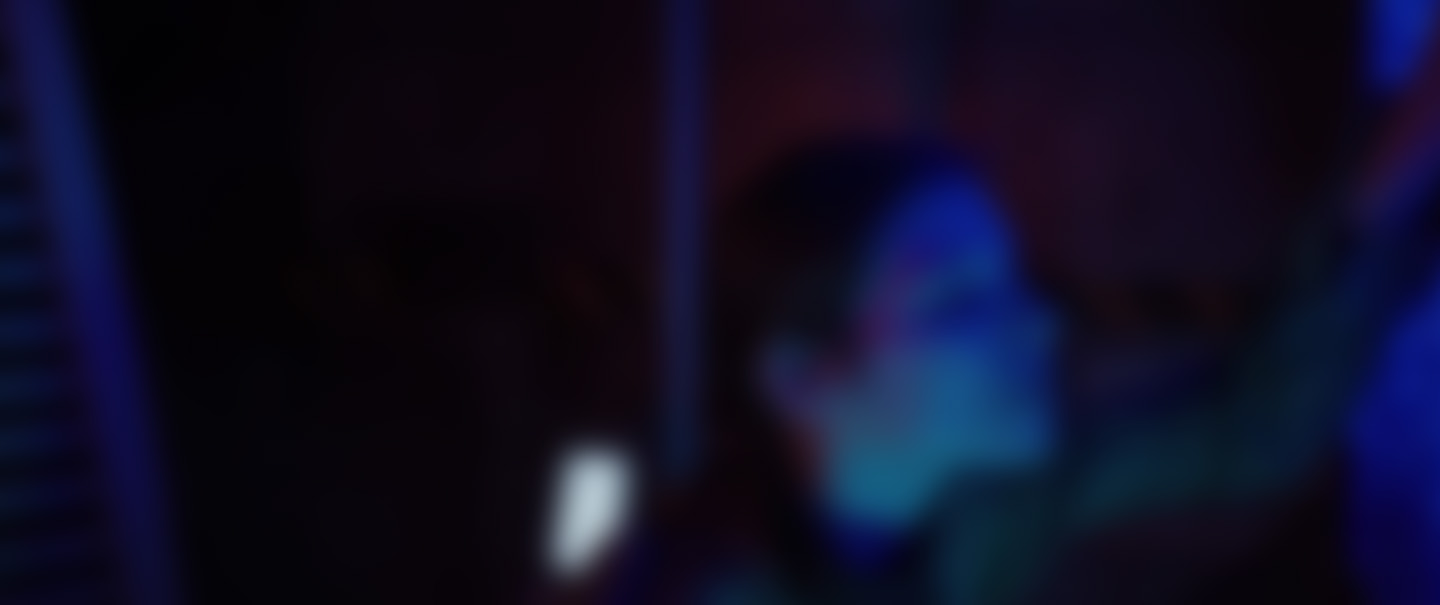
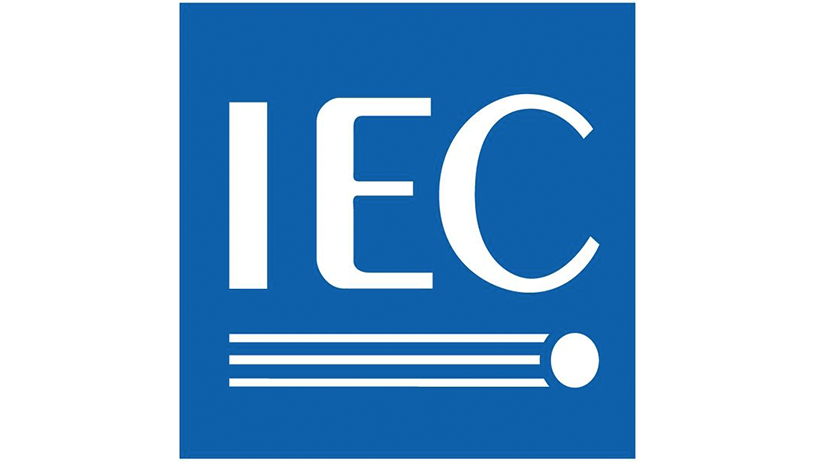
Some of these advancements require close collaboration with the private sector.
Can we really count on businesses to advance the common good?
Businesses are often where innovation and awareness emerge. The IEC is a non-profit founded in 1906. It brings together public and private actors united by a common goal. Of course, businesses pursue commercial interests—and rightly so. But our processes are transparent, fair, and recognized by the WTO. Competition drives innovation—just look at the telecom industry. We provide a platform for co-creating ethical, practical standards that then shape global markets.
With what kind of products, for example?
The standardization of USB-C chargers is a very concrete example. Other standards we’ve developed in partnership with ISO and ITU affect daily life: JPEG, MPEG—for which we’ve received Emmy Awards, by the way. We also develop cybersecurity standards and frameworks for AI systems. And we set standards for smart grids, solar, wind, hydro power, and fiber optics.
Your cooperation with ISO is therefore essential?
Absolutely. Cooperation is one of our strategic pillars. The IEC and ISO are independent organizations, but we co-develop many programs—particularly in recent years around digital standardization. We also work with ITU and IRENA, the International Renewable Energy Agency. No single organization can tackle everything alone.
Is the IEC accelerating what we call “progress”?
Yes—our standards enhance technological compatibility, knowledge sharing, market access—and therefore investment. A globally recognized standard offers stability to investors. We help structure innovation and accelerate its diffusion, for everyone’s benefit.
So your presence is global?
We operate five regional centers—in Sydney, Singapore, Nairobi, São Paulo, and Boston—alongside our headquarters in Geneva. These small local teams are essential to staying attuned to regional realities.
With the rise of the BRICS, are you concerned about system fragmentation?
That’s precisely what we aim to avoid. The IEC must remain a global platform, independent of geopolitical tensions. Of course, our standards can be adapted locally, but we’re committed to preserving a shared foundation—even in times of crisis. So far, our mission has remained unaffected by such tensions.
Is standard development slowing down in today’s unstable world?
On the contrary—it’s accelerating. Artificial intelligence, for instance, requires entirely new standards. But let’s be clear: we’re not a moral authority. Our role is to provide a trustworthy, transparent foundation—sometimes enriched with ethical principles. We’re working with ISO and ITU on traceability, content authenticity, and certification. These efforts aim to restore trust. A major event on this topic—the International AI Standards Summit—will take place this December in Seoul, closely tied to the UN’s Global Digital Compact initiative.
How do you organize such a vast body of knowledge?
Each year, 30,000 experts contribute to the IEC. Our information systems manage this vast technical content transparently and across disciplines. We work in real time through our OSD (Online Standards Development) platform, which we share with ISO. All new projects are centralized there, improving access, inclusion, and efficiency. Today’s users expect “smart” standards—ones that can be directly integrated into systems. That’s the Smart Standards initiative we’re developing with ISO.
How do you fund your activities?
Through contributions from our Members and from our Conformity Assessment Systems. We also sell our standards to help finance operations. As a non profit, any surplus is reinvested, notably into our digital transformation.
And if you had a magic wand?
I’d use it to make an “all-electric and connected” society possible. Today, hundreds of millions of people still lack access to safe electricity. If I could, I’d make that model accessible everywhere. Not to create dependency—but to foster harmonious global development.
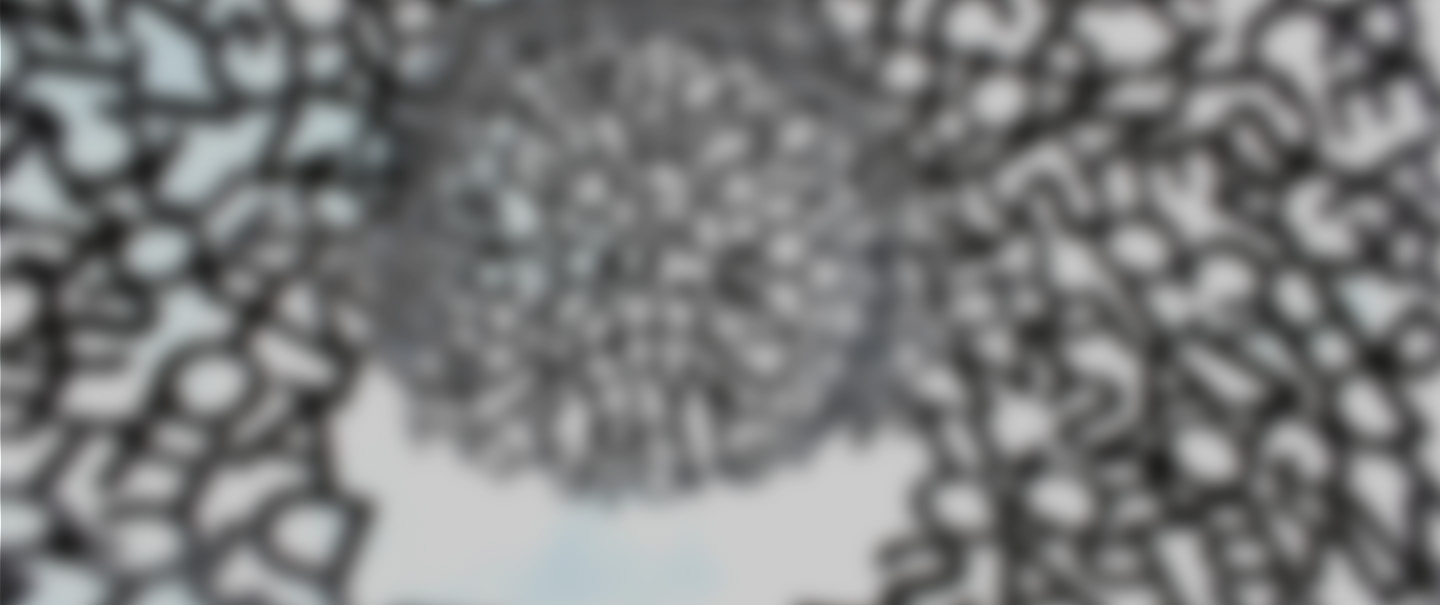
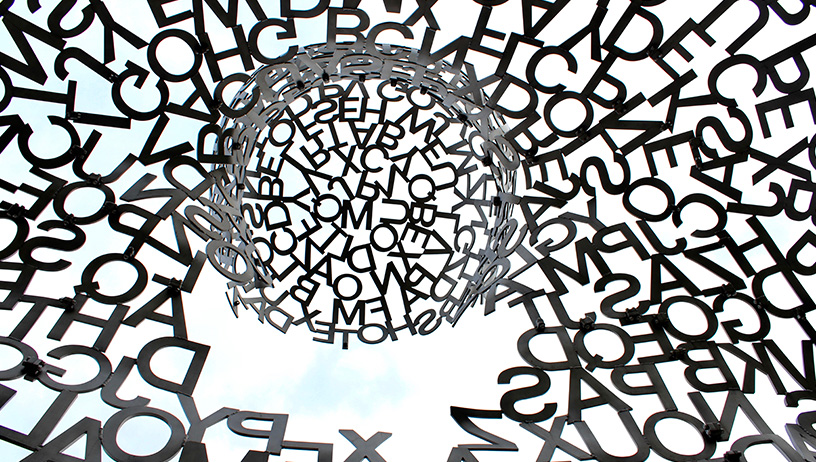
“We help structure innovation and accelerate its diffusion, for everyone’s benefit.”
Philippe Metzger, Secretary-General and CEO of the IEC (International Electronical Commission).
Contact us
Write to usFollow us on LinkedIn
Follow usLearn more
Ad Valoris in conversation with Philippe Metzger, Secretary-General and CEO of the IEC
Exclusive interview with the IEC, a technical standardization organization based in Geneva....
Ad Valoris speaks with Thierry Lassus, Head of the Mobility Division at Hitachi Energy
Conversation with Thierry Lassus about Hitachi Energy’s local sustainability commitments...

